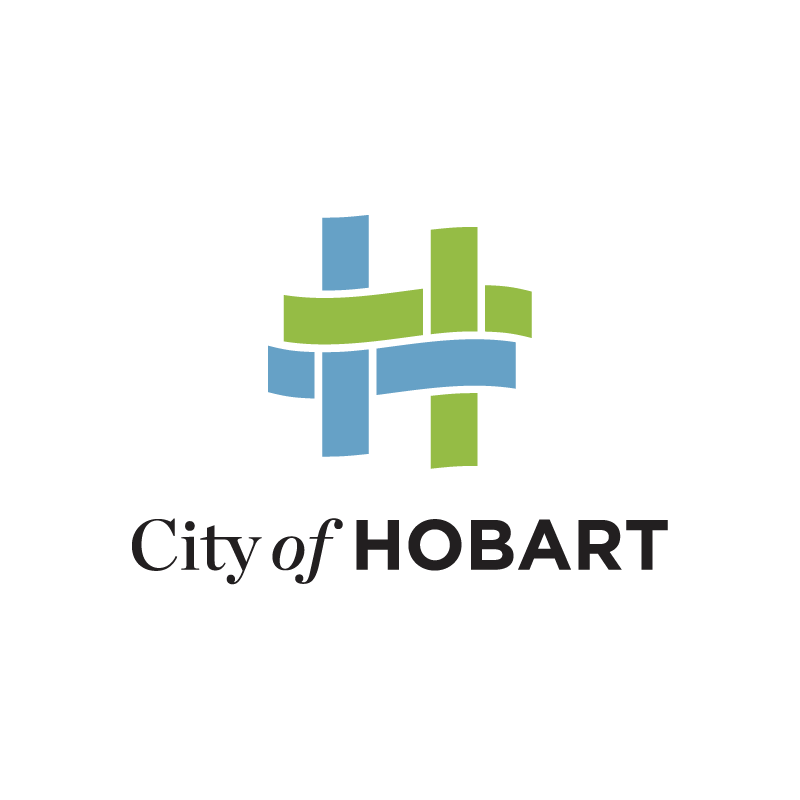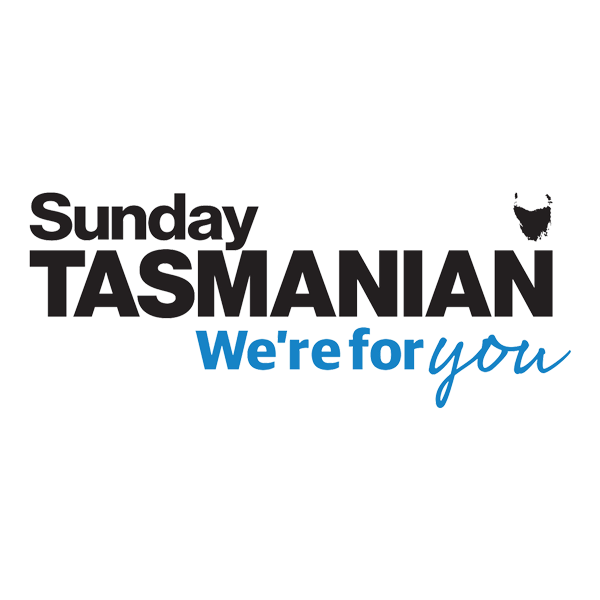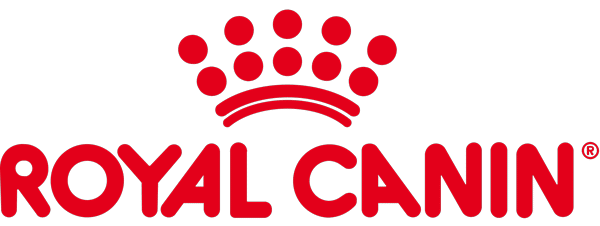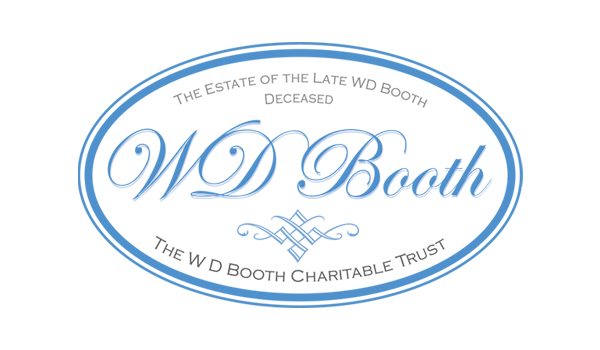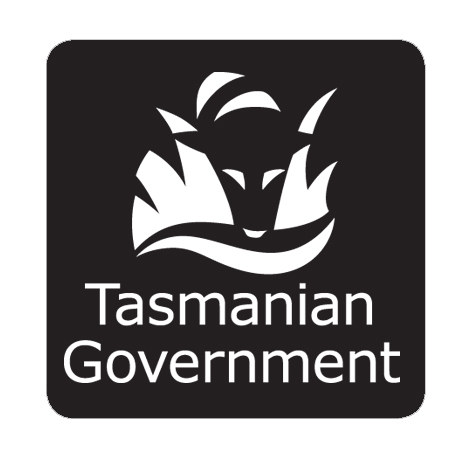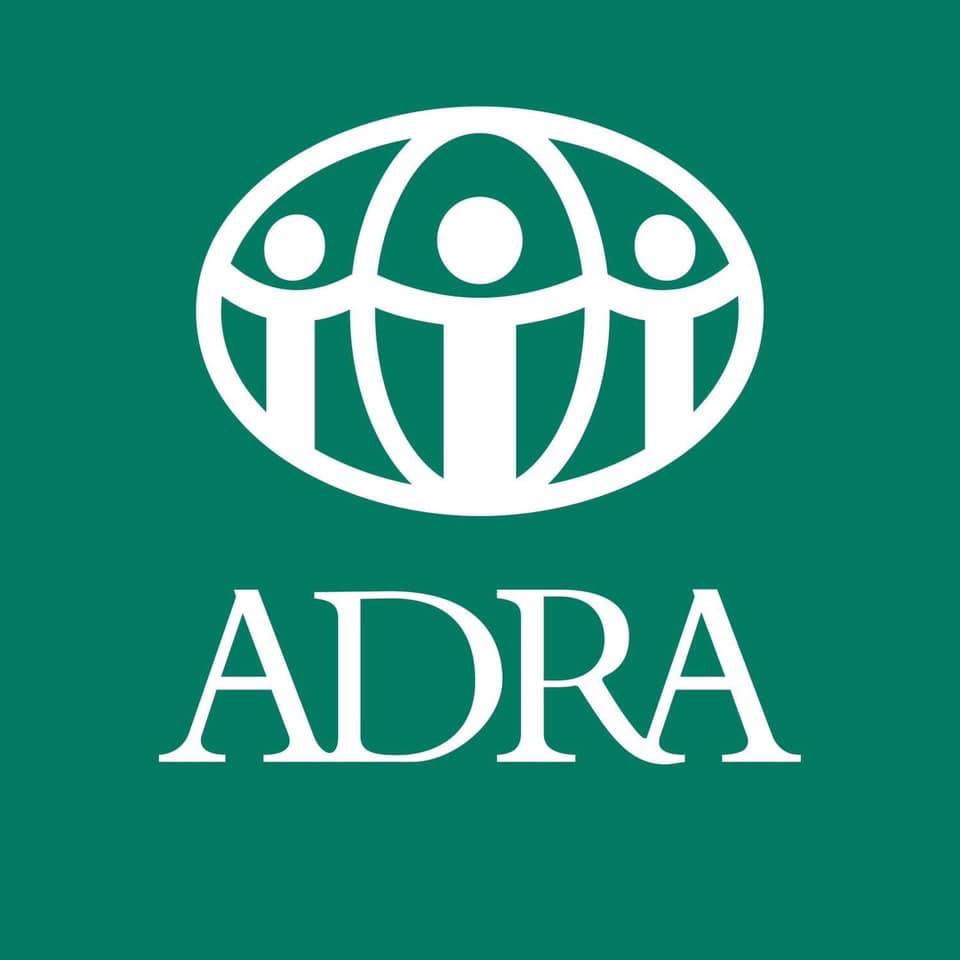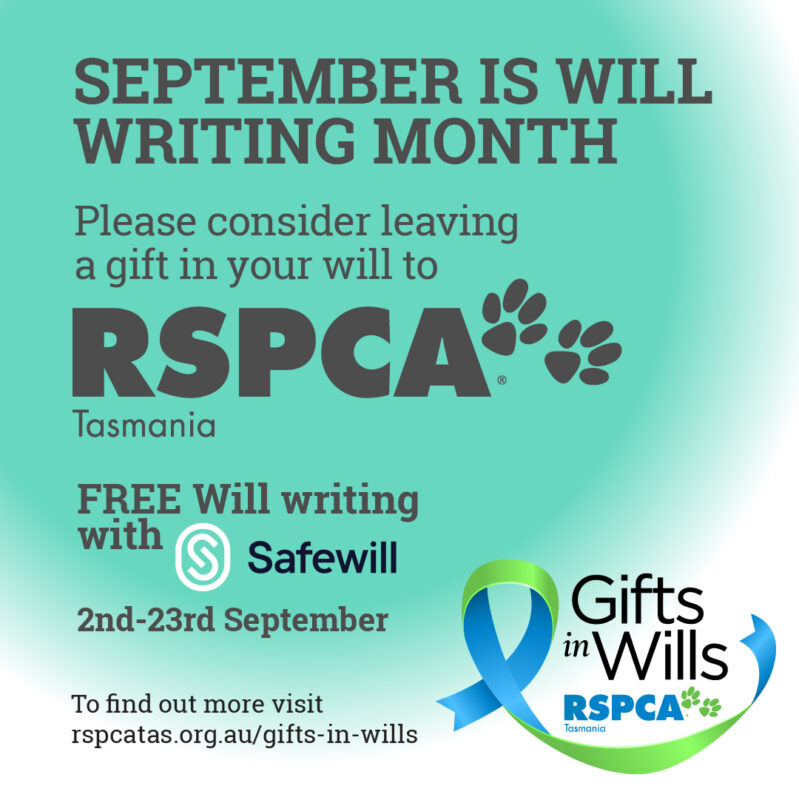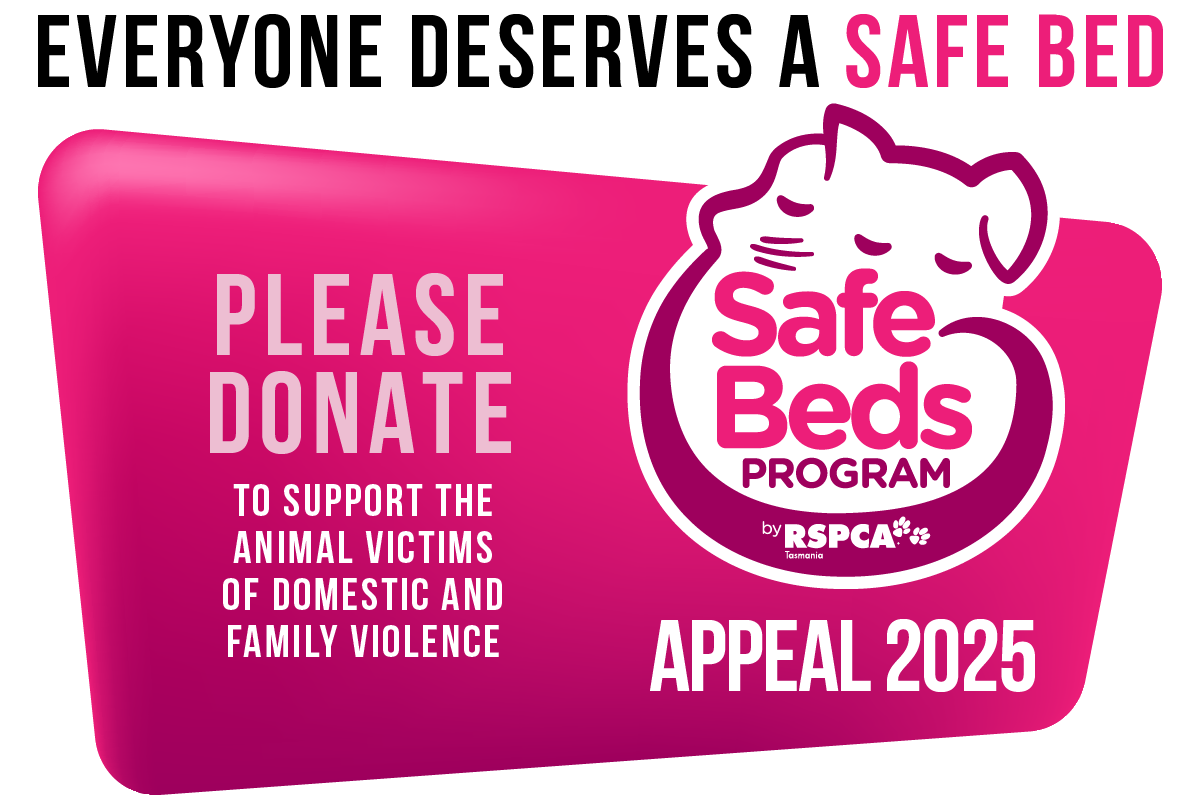The Melbourne Cup may seem like a harmless day out to get dressed up and enjoy the sunshine, but for those who grew up loving ‘the race that stops a nation,’ the first Tuesday of November is becoming increasingly difficult to watch.
In recent years, the Melbourne Cup has been marred by tragic deaths. Last year, Anthony van Dyck was euthanised after breaking down in the Melbourne Cup, becoming the seventh horse since 2013 to die on Cup Day. Industry representatives will say this is rare, but on average a horse is killed on Australian racetracks every three days.
During the race, horses are so exploited and punished that they will frequently begin to cough up blood, their backs and legs whipped relentlessly – even as they tire and are unable to respond.
Whips are used to wallop horses in every stride of the last 100 metres of a race, an exhausting tactic condemned by equine experts. Whip striking does not improve a horse’s chances of placing, and the act causes localised trauma, swelling and tissue damage with long-term exposure.
It’s our most public form of animal cruelty – and something that would be a prosecutable offence if it took place away from the track.
Many will have their tongues tied uncomfortably to their jaw, in an attempt to stop them ‘choking’ or evading the bit when it causes them discomfort. In recognition of the welfare issues, tongue ties have been banned or restircted in other countries.
But injury and death aren’t the only on-track welfare risks – Exercise-Induced Pulmonary Haemorrhage (EIPH) is another one. The exertion of the races causes 75% of horses to bleed into their lungs and windpipe. A recent study conducted on Victorian racecourses has shown that some degree of EIPH may occur in up to 75% of racehorses, and that 55.3% of starters had some degree of EIPH on post-race endoscopic examination.
And, while a select few ex-racehorses and trotters will go on to enjoy a happy retirement, many will exit racing prematurely due to poor performance, illness, injury or behavioural problems, and will have an uncertain fate.
So what can you do?
Don’t be afraid to express your concerns – we know there are many people out there feeling increasingly uncomfortable with the spectacle of racing in its current form.
A recent independent poll has shown that a clear majority of Australians (55%) agree that racing animals like horses for gambling and entertainment is cruel.
Melbourne Cup Day is now being turned on its head as many people are ditching their fascinators and sweepstakes and saying “Nup to the Cup!” Instead of having a flutter, they are donating to help out rescue racehorses, or another animal charity.
In these ways, you can help turn the ‘First Tuesday in November’ into an opportunity to celebrate and honour beautiful animals and really do something positive to help them.
MEDIA CONTACT
Jan Davis, CEO – RSPCA Tasmania
Mobile: 0409 004 228
Email: jdavis@rspcatas.org.au

